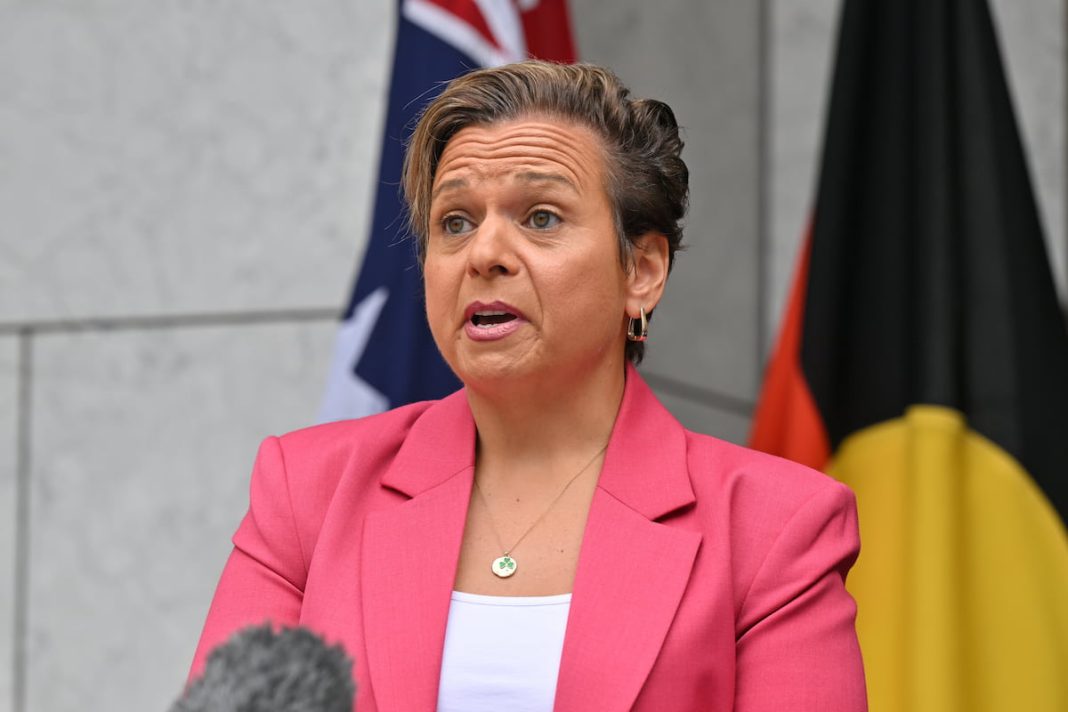Only one week after the Minister for Communications, Michelle Rowlands, agreed to withdraw proposed legislation to control “Misinformation” online – a bill roundly rejected by Parliament and by the Australian public – her department issued an apparently boring bureaucratic document which would achieve at least some of the same outcomes by stealth. If signed by the Minister, the proposed amendments to the “Basic Online Safety Expectations” Determination (BOSE Determination) could deprive Australian citizens of their freedom of speech and the implied right to political communication guaranteed by the constitution without anything like the fuss involved in enacting new laws.
The Online Safety Act allows the Minister to determine “basic online safety expectations for social media services” and grants the eSafety Commissioner power to enforce compliance with the Minister’s directives. As technology moves on, these standards need updating from time to time. The latest “amendments” impose new obligations on service providers to deal with issues raised by generative AI technologies and to safeguard “the best interests of the child”. All this seems like a good thing; business-as-usual.
However, other aspects of the new BOSE Determination are more concerning. Service providers would be required to “identify and mitigate” (i.e. screen out/censor) “unlawful and harmful content” as well as “hate speech”. Neither “hate speech” nor “harmful” are clearly defined. Since these definitions would effectively determine the limits of free (online) speech for all Australians, it seems quite important to get these definitions right.
According to the government’s Consultation Document, the problem of online “hate speech” was identified in a survey conducted by the eSafety Commissioner which asked respondents whether they had, in the last twelve months, received a “digital communication that offended, discriminated, denigrated, abused and/or disparaged you because of your personal identity/beliefs (e.g. race, ethnicity, gender, nationality, sexual orientation, religion, age, disability, etc.)?”
The eSafety Commissioner’s report noted that “when asked to define hate speech most respondents see it in the broadest of terms – anything negative which is directed at someone”. By that measure, almost anything might be considered “hate speech”.
Similarly, the eSafety Commissioner’s definition of “harmful” bears closer examination. We are told that “harmful content can increase the likelihood of discrimination”. “Unlawful and harmful content”, it turns out, could include anything from “child sexual exploitation and abuse material, image-based abuse” (no one would quibble with censoring that) to “hate speech and other online harms”. Again, we have the problem; how are these defined and by whom?
Alarmingly, the answer to the second part of that question seems to be “social media companies”. The new, improved BOSE Determination mentions that “hate speech” might include anything “which breaches a service’s terms of use and, where applicable, breaches a service’s policies and procedures and standards of conduct.” By varying the terms of use, Facebook, Instagram and X would get to decide what Australians can, and cannot, say online.
Can it really be that the Minister for Communications intends to outsource control of Australian political discourse – a necessary pre-condition for a democratic society – to foreign-owned private companies?
Or perhaps the bureaucrats have gone rogue, acting without Ministerial authority? Those who favour this theory might point to unsettling comments made by the eSafety Commissioner to the World Economic Forum in 2022 about the need to “think about a recalibration of a whole range of human rights that are playing out on line, from freedom speech to freedom to be free from online violence”. They might remember that Rowlands has appointed a former Senior Manager for Google’s Government Affairs team to help Australian Communications and Media Authority (ACMA) with cyber safety, misinformation and disinformation issues.
Of course, what looks like a monstrous power-grab could all just be a horrible mistake – the work, perhaps, of well-intentioned minions who are unaware that their nice-sounding proposals would effectively give away the freedoms and constitutional rights of their fellow citizens, fundamentally undermining the necessary preconditions for democracy in the process.
Whatever the explanation, surely Australians have the right to hear what it is? It would be reassuring to know that the Minister has no intention of signing the amended BOSE Determination, as drafted, and that her staff at the Department of Infrastructure, Transport, Regional Development, Communications and the Arts will be more closely supervised in the future to prevent a recurrence.



